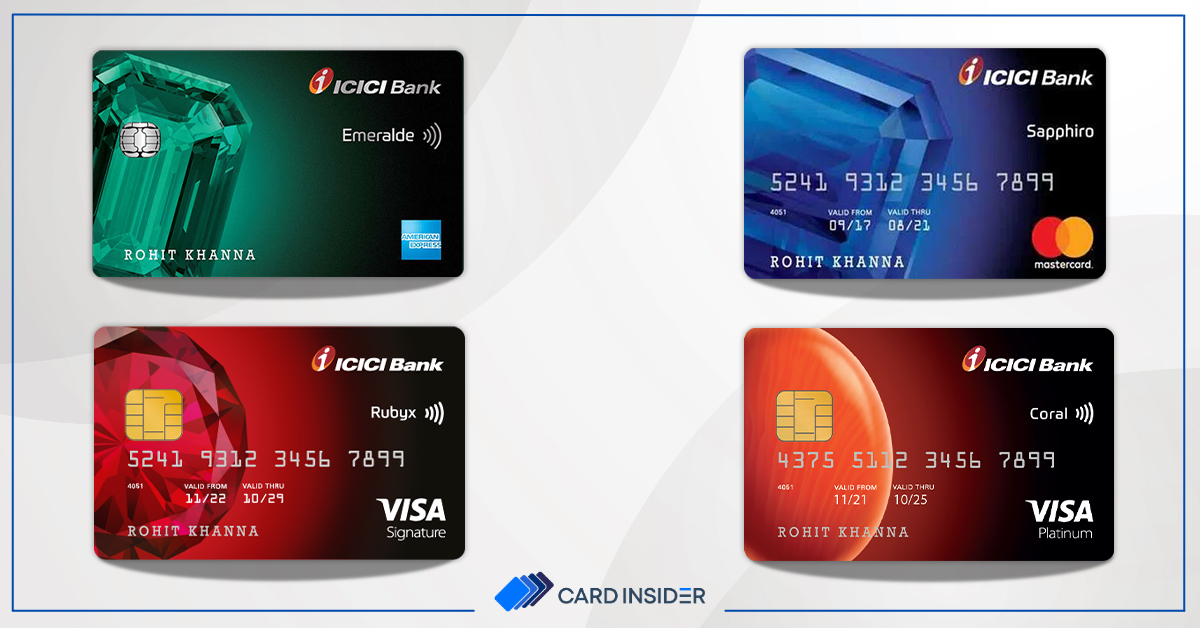Introduction
Exploring the boundless wonders of the world is an exhilarating experience that sparks wanderlust and creates lasting memories. But navigating the complexities of international finance can be daunting, especially when deciding between debit cards and forex cards. Both options offer unique advantages and drawbacks, making the choice dependent on individual travel needs and preferences. This in-depth guide dissects the nuances of debit cards and forex cards, empowering travelers with the knowledge to optimize their financial adventures abroad.

Image: cardinsider.com
Debit Cards: Convenience and Accessibility
Debit cards, the go-to payment method for domestic transactions, extend their convenience to international travel. They are widely accepted at ATMs, point-of-sale terminals, and online merchants worldwide. The familiarity of debit cards eliminates the learning curve associated with alternative payment methods, ensuring ease of use and peace of mind. Additionally, many banks offer debit cards with international transaction capabilities, making them readily accessible to travelers. However, travelers should be aware of the potential fees associated with international debit card usage, including foreign transaction fees, ATM withdrawal fees, and currency conversion charges.
Pros:
- Widely accepted for payments and withdrawals
- Familiar and easy to use
- May be accessible through your primary bank account
- Real-time account balance tracking
Cons:
- Potential for high transaction fees
- Limited exchange rates compared to forex cards
- May require notification to the issuing bank for international use
- Security concerns due to PIN-based transactions

Image: s3.amazonaws.com
Forex Cards: Cost Savings and Currency Flexibility
Forex cards, travel-specific prepaid cards, provide a competitive edge in mitigating international transaction costs. They are preloaded with foreign currency and offer exchange rates that are often more favorable than those offered by banks and credit card companies. This can result in significant savings, especially for extended stays or large purchases abroad. Furthermore, forex cards eliminate the need for carrying large amounts of cash, enhancing safety and reducing the risk of theft or loss. However, forex cards may not be as widely accepted as debit or credit cards, and reloading funds can incur additional fees.
Pros:
- Favorable exchange rates
- Reduced transaction fees
- Enhanced security compared to cash
- No need to carry large amounts of foreign currency
Cons:
- Limited acceptance compared to debit or credit cards
- Potential fees for reloading and inactivity
- May not offer additional features like loyalty rewards or travel insurance
- Currency conversion fees for multi-currency cards
Deciding the Right Choice: A Tailored Approach
The optimal choice between debit cards and forex cards hinges on the specific needs of the traveler. For short-term trips involving frequent small purchases, debit cards offer convenience and ease of use, especially if the transaction fees are minimal. On the other hand, for extended stays or large purchases, forex cards can provide substantial cost savings due to their favorable exchange rates. Travelers concerned about security or the risk of theft may prefer forex cards over carrying large amounts of cash. Additionally, travelers visiting multiple countries may consider multi-currency forex cards to manage different currencies and minimize exchange rate losses.
Maximizing Value and Minimizing Costs
Harnessing the full potential of debit or forex cards while minimizing expenses requires strategic planning. To maximize the benefits of debit cards, travelers should opt for accounts with low international transaction fees and consider negotiating with their issuing bank for favorable rates. Forex cards offer cost savings in the long run, but it’s crucial to compare exchange rates and fees offered by different providers and choose the one that aligns with the intended travel itinerary. Additionally, reloading forex cards in bulk can reduce overall transaction costs.
Debit Card Cersus Forex Card
https://youtube.com/watch?v=j0yaAiXCNdA
Conclusion
Choosing between debit cards and forex cards is a matter of balancing convenience, cost savings, and personal preferences. Debit cards provide familiarity and ease of use but may incur higher transaction fees. Forex cards offer competitive exchange rates and enhanced security but may have limited acceptance. By discerning the unique advantages and drawbacks of each option and aligning their choice with their specific travel needs, travelers can optimize their financial experiences and maximize the value of their international adventures. Embark on your next global expedition with confidence, armed with the knowledge to navigate the financial nuances of foreign lands effortlessly.






